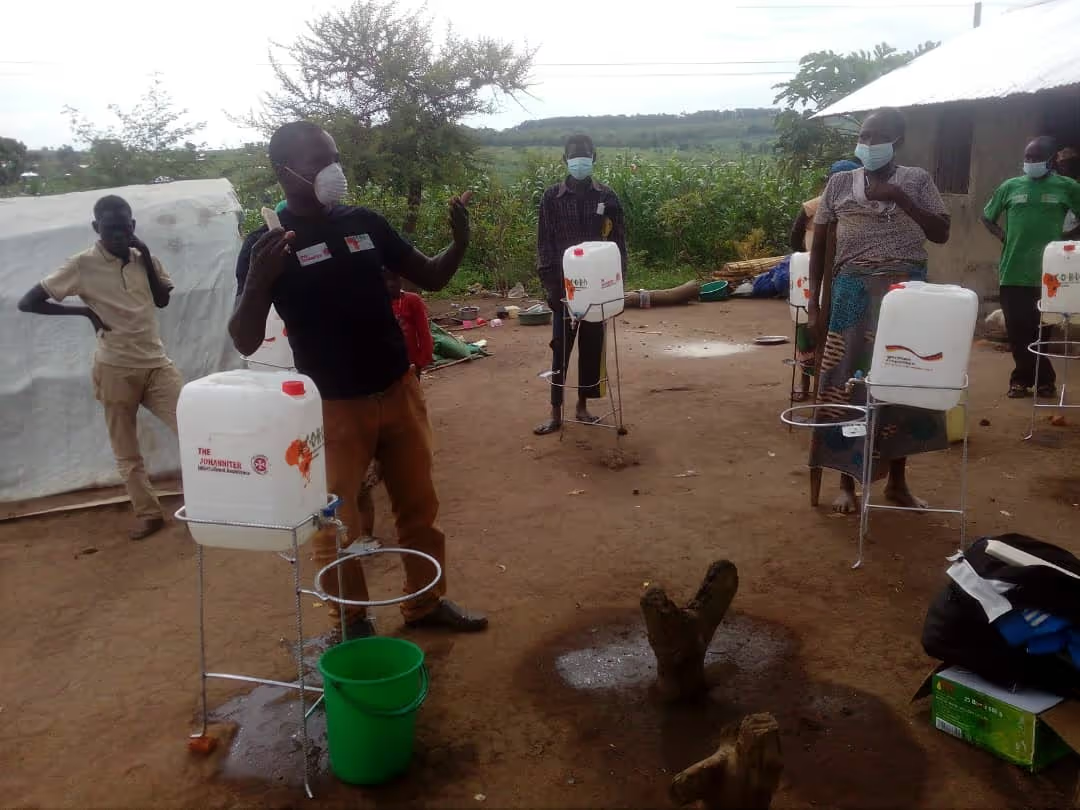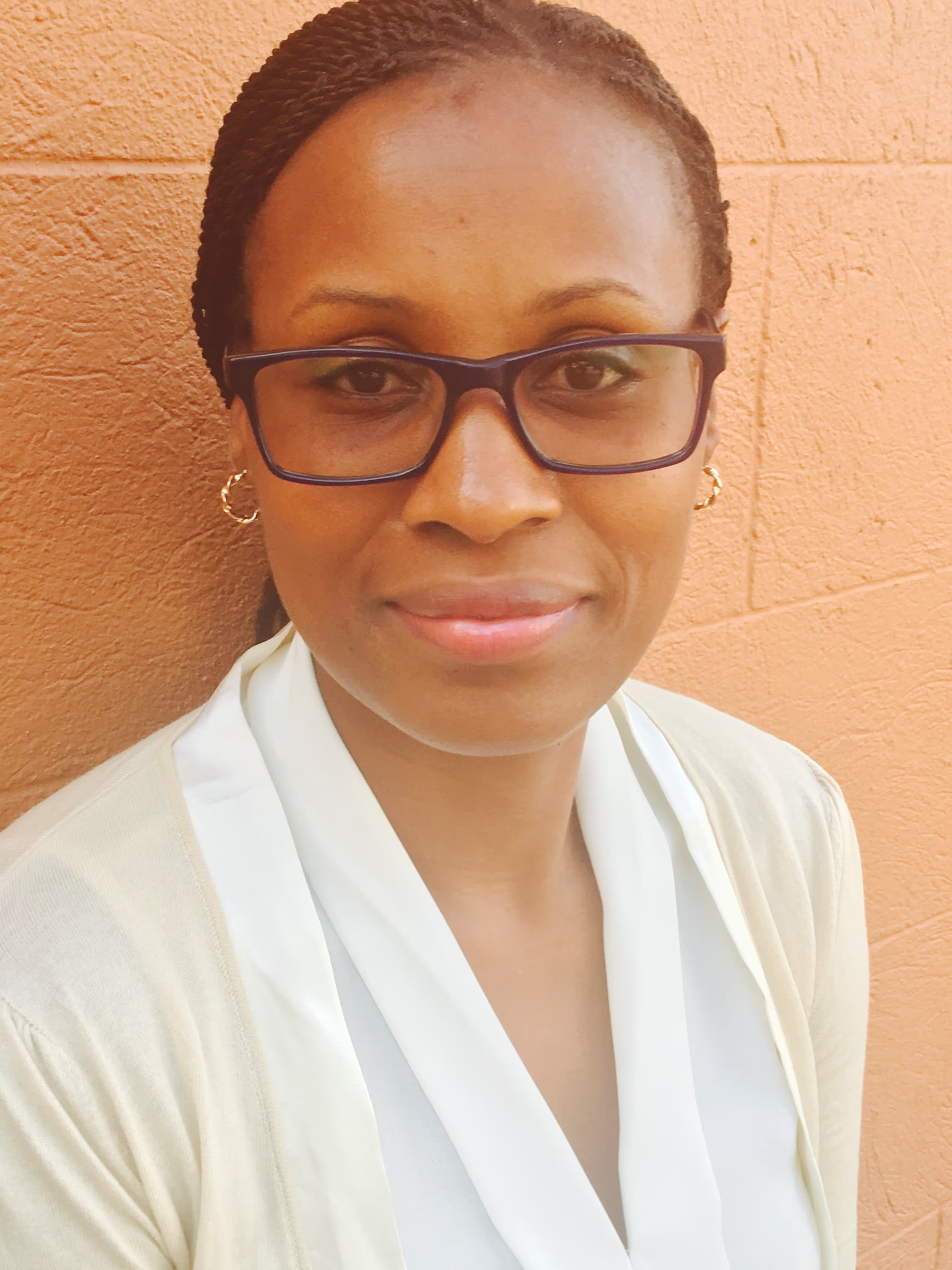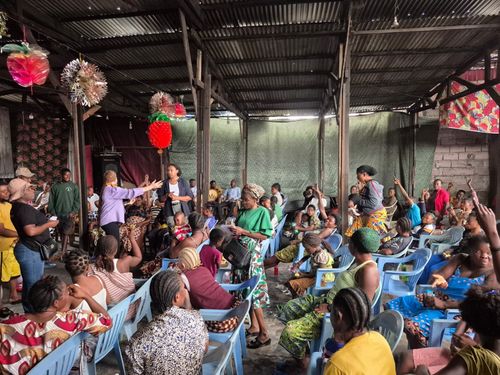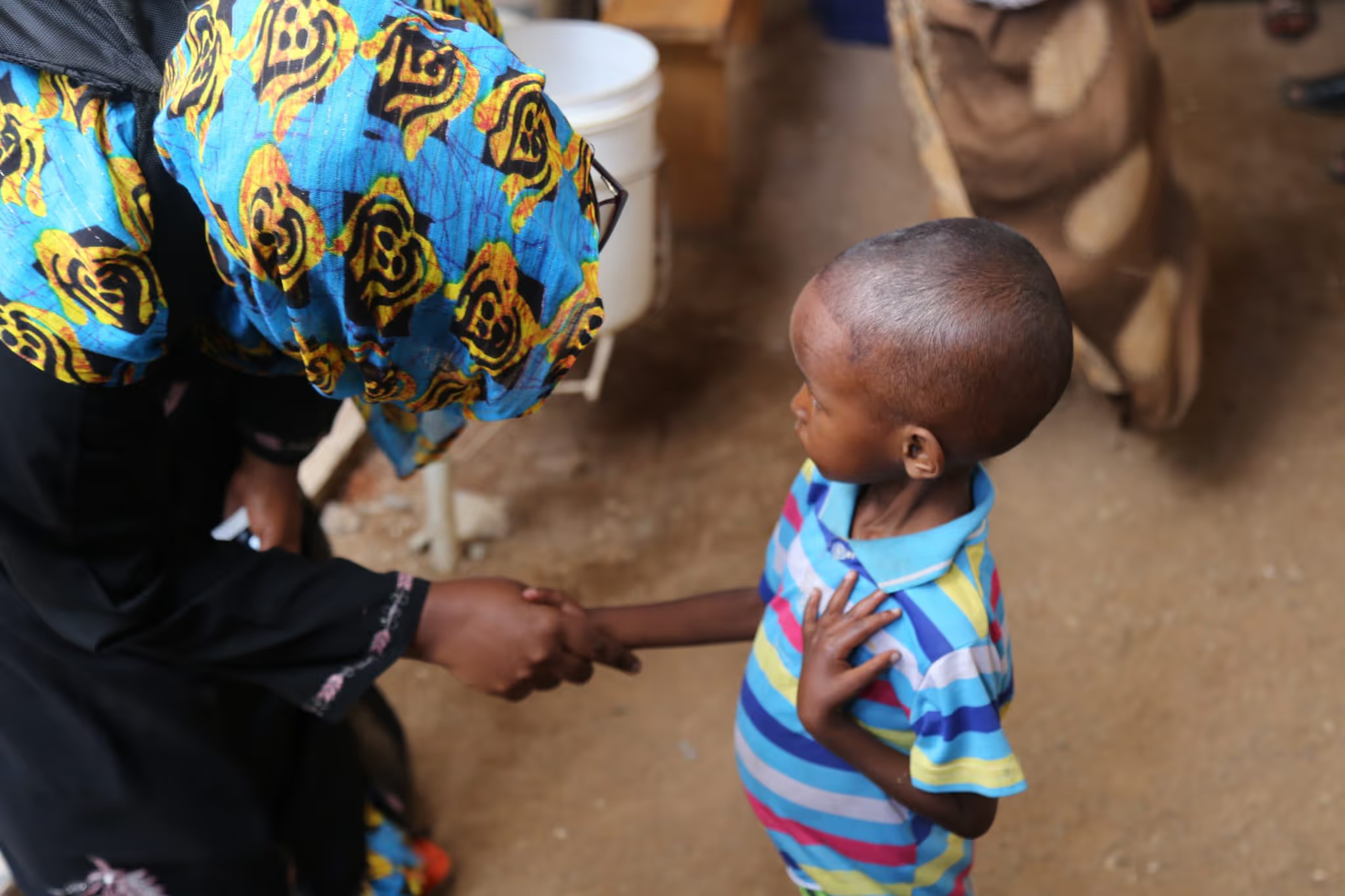REFugee Lived Experiences, Compliance and Thinking (REFLECT) in COVID-19

Project overview
This study documented the lived experiences of COVID-19, adherence to policy guidelines and key related issues in Uganda’s diverse refugee settings. The study assessed knowledge, attitudes and practices (KAP); exploring local perception of risk; documenting experiences; and determining the feasibility of and compliance with guidelines.
Project solution
This project offers [specific solution or intervention] to tackle [challenge]. By implementing [strategies, tools, or innovations], the project aims to achieve [desired outcomes]. The approach is designed to [specific actions or methods] to bring about meaningful change in [community, region, or issue area].
Expected outcomes
This project aims to achieve [specific outcomes], such as [measurable results, improvements, or changes]. The expected impact includes [benefits to the target community, advancements in research or innovation, or long-term effects]. By the end of the project, we anticipate [specific changes or milestones] that will contribute to [broader goals or objectives].
Principal Investigators: Dr Gloria Seruwagi, PI (Makerere University) and Prof. Stephen Lawoko, Co-PI (Gulu University)
Research Snapshot: Exploring refugee compliance to COVID-19 guidelines in Uganda
The Refugee Lived Experiences, Compliance and Thinking (REFLECT) study assessed community knowledge, attitudes and practices (KAP) and implementation of Uganda’s national response to COVID-19 among refugee communities.
[.cta_link]View Snapshot[.cta_link]
What did the study set out to achieve?
This study sought to understand the extent to which refugee communities were aware of COVID-19 and compliant with related measures and guidelines. It prioritised the lived experience of refugees, while also analysing the processes and outcomes of COVID-19 policy and guidelines in Uganda. Critical issues, actions, intentions and experiences were explored at the individual, community and national levels.
The study assessed awareness and behavioural shifts in Uganda’s diverse refugee settings, with more than five different nationalities participating. It looked to establish whether contextual specificities of urban and rural-based refugees have a bearing on awareness, feasibility, enforcement and compliance to policy and guidelines from Uganda’s national response to COVID-19. Embedded in this research was a policy analysis strand - assessing policy formulation, feasibility, implementation and outcome.
What were the key findings?
- Refugees were generally knowledgeable about COVID-19, although up to 40% exhibited knowledge gaps and plenty of myths existed.
- There was non-adherence to most guidelines, and between 25% - 70% had adopted risky behaviour likely to lead to transmission of COVID-19.
- Reasons include mixed messages from multiple information centres; socioeconomic, cultural and structural barriers (such as food insecurity, or politics); and the ‘infodemic’; fuelled by social media or refugee links with the diaspora.
- Variations exist in knowledge and compliance behaviours across different sociodemographic characteristics:
- gender: Men more knowledgeable about COVID, but less compliant than women
- location (urban vs rural): Urban refugees more knowledgeable but less compliant than their rural counterparts
- religion: Muslims more knowledgeable and compliant than Christians
- Several local community resources, systems and structures existed: including community champions, livelihoods or savings support groups and community faith coalitions. These informally supported the COVID-19 response, including helping to reach vulnerable or excluded community members.
What does this mean for policymakers and practitioners?
The study recommended that the government of Uganda review not only its approach but also related outcomes in addressing COVID-19 in humanitarian settings, considering what is feasible for refugees. For example, focusing more on water, sanitation and hygiene (WASH) preventive measures, instead of social distancing may be better for refugees in crowded settlements or homes. The team also suggested that the Government and partners address the barriers of non-compliance and consider implementing a robust socioeconomic response interlinked with other key sectors and actors. They noted that active community involvement and engagement would foster an acceptable, effective, inclusive and sustainable approach.
Humanitarian actors focused on health (including WASH), protection, livelihoods and other sectors could use the findings of this research to improve interventions, or design more responsive interventions that are guided by local partnerships.
A series of resources are available on the Chase-I REFLECT website page that share the team's experience of conducting this research. The resources include blogs that reflect on the perspectives of all the partners in the study; policy briefs, such as guidance on how communities can be empowered to steer sustained COVID-19 compliance measures; and community engagement activities.
Project delivery & updates
Stay up to date with the latest developments from this project. Here, you will find details on what has been delivered, resources created, and regular updates as the project progresses. Access key documents, reports, and other materials to see how the project is making an impact.








